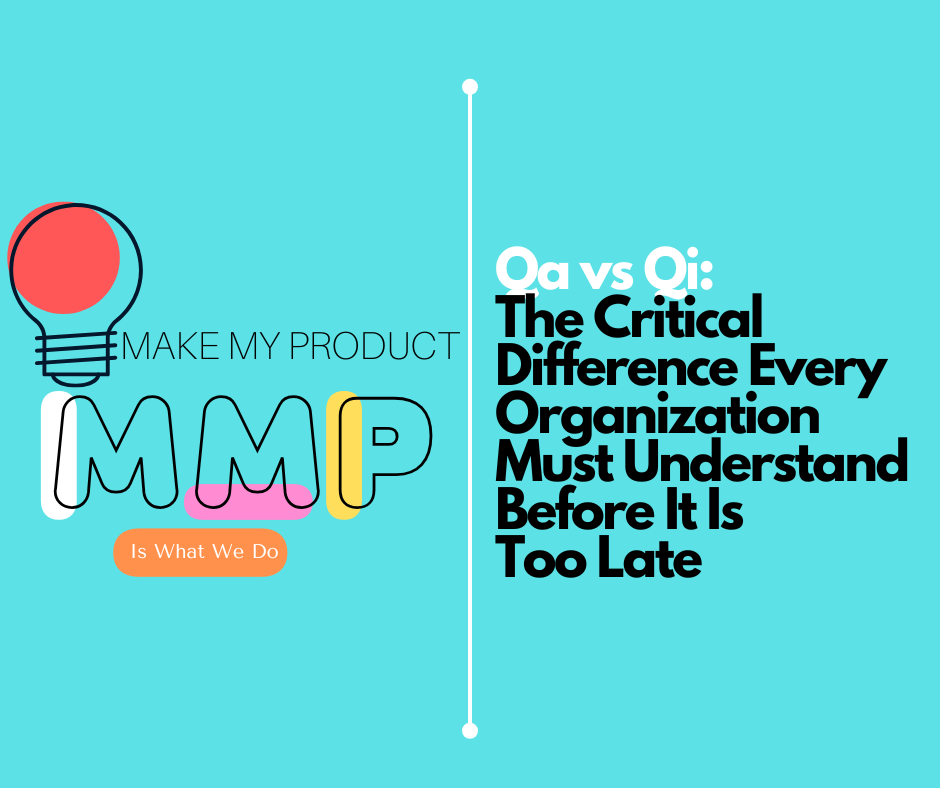In today’s highly competitive marketplace, service quality is not a luxury — it’s survival. Businesses that fail to deliver exceptional service risk losing customers, credibility, and long-term growth opportunities. But what truly defines service quality? What separates an ordinary service from one that builds loyalty, trust, and advocacy?
This article dives deep into the key factors that shape superior service quality, empowering leaders, entrepreneurs, and professionals to rethink how they serve and connect with their customers in a rapidly changing world.
1. Reliability: The Foundation of Trust
Reliability forms the backbone of great service. When customers choose your brand, they are placing their trust in your promise. Delivering consistently, accurately, and on time turns first-time buyers into lifelong clients. Every delayed delivery, broken promise, or inconsistent outcome chips away at that trust. To excel, companies must develop systems that ensure dependable and predictable experiences at every interaction.
2. Responsiveness: The Speed of Care
In an age where attention spans are short and expectations are high, responsiveness defines relevance. Customers expect prompt answers, fast problem-solving, and clear communication. The quicker a business responds to concerns or feedback, the more valued the customer feels. Implementing real-time chat, AI-driven support, or dedicated service teams can significantly enhance customer satisfaction and retention.
3. Assurance: Confidence Through Competence
Customers need to feel secure when engaging with your brand. Assurance comes from knowledgeable staff, transparent policies, and professional conduct. When employees demonstrate expertise and empathy, customers gain confidence in the service provider. Training programs, ethical leadership, and transparent communication are powerful ways to build assurance and credibility.
4. Empathy: The Human Connection
Empathy transforms transactions into relationships. It’s about listening, understanding, and personalizing the experience to match the customer’s emotions and expectations. Businesses that treat customers as humans, not numbers, foster long-term loyalty. In a world dominated by automation, empathy is the secret ingredient that keeps brands human.
5. Tangibility: The Visible Proof of Quality
Service is intangible by nature, but tangible cues—such as a clean environment, professional presentation, clear documentation, or digital interfaces—reinforce perceptions of quality. From a neatly packaged product to an easy-to-navigate website, these visible details communicate commitment and professionalism.
6. Consistency: The Silent Differentiator
Consistency separates brands that merely impress once from those that inspire always. Customers want predictable excellence—every time, everywhere. Consistency builds familiarity, reduces anxiety, and enhances satisfaction. Regular quality checks, process audits, and staff alignment meetings can ensure that service standards remain unwavering.
7. Personalization: Making Every Interaction Matter
Modern consumers demand experiences tailored to their needs. Personalization isn’t about selling more; it’s about serving better. By understanding individual preferences through data and feedback, businesses can design offerings that resonate deeply with each customer. This factor not only enhances satisfaction but also increases lifetime value.
8. Accountability: Standing Behind Every Promise
Service quality is not about perfection—it’s about ownership. When mistakes happen, taking responsibility and resolving issues promptly earns respect. Accountability is a mark of integrity. Brands that acknowledge flaws, apologize sincerely, and act decisively often turn negative experiences into opportunities for trust-building.
The Urgency to Rethink Service Quality
In this digital age, mediocre service is the fastest way to become irrelevant. Consumers have choices, and they reward businesses that value their time, emotions, and loyalty. Whether you’re a small enterprise or a global brand, your ability to deliver and evolve determines your legacy. The time to act is now—build teams that care, systems that perform, and cultures that serve.
Final Thoughts
Service quality is not a metric—it’s a mindset. It is the reflection of your brand’s values, culture, and promise to the world. Businesses that master the key factors of service quality don’t just attract customers; they create believers. And in the age of transparency, that belief is everything.

























